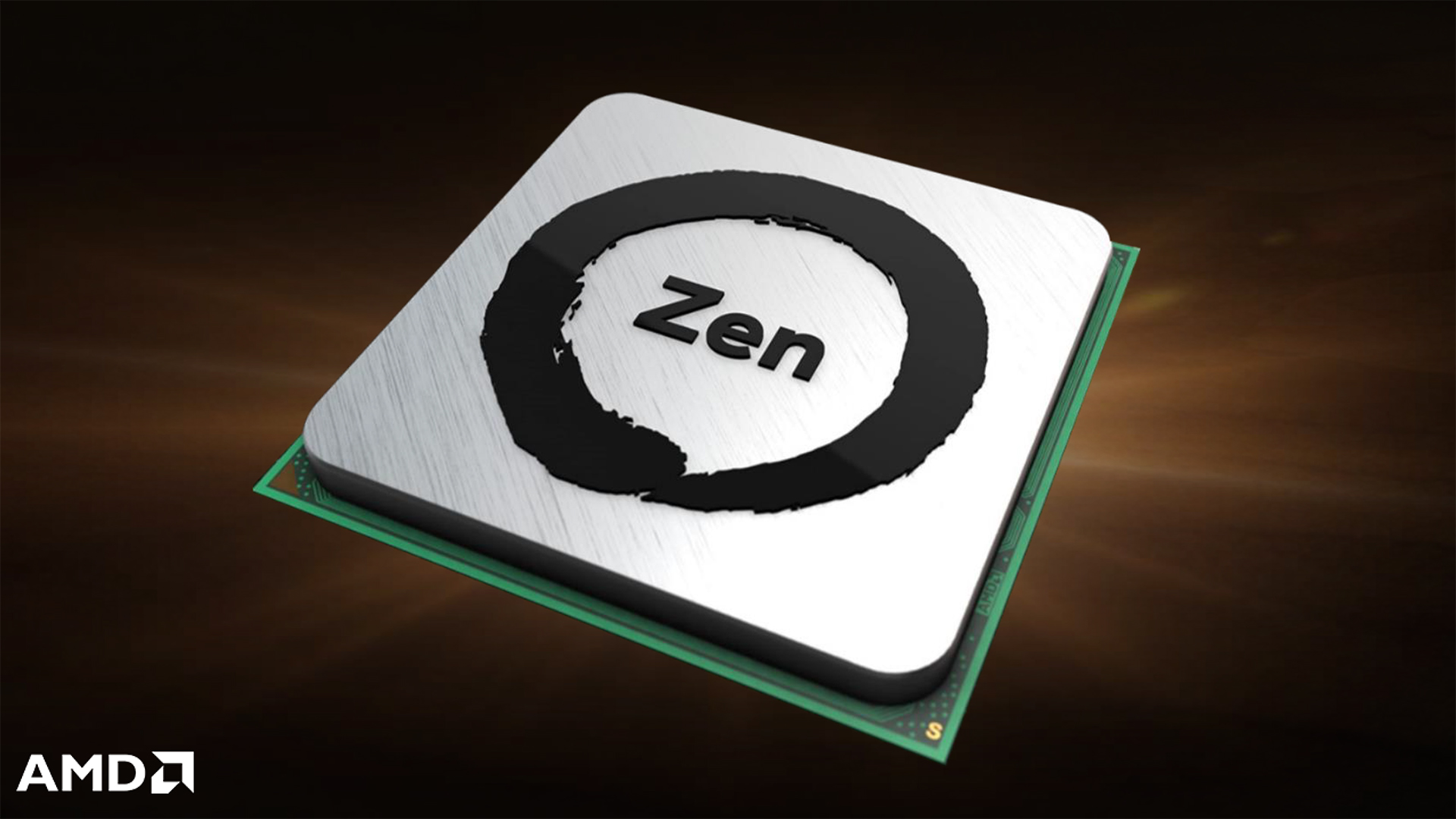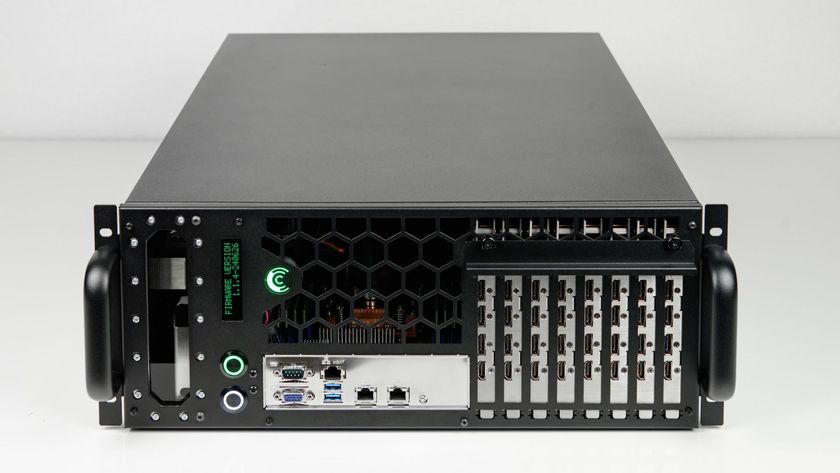Want a Ryzen CPU? Then forget about Windows 7
AMD has confirmed it won’t officially support the older OS

AMD has come out and confirmed that its next-gen Ryzen processors, due to emerge at the beginning of next month, will not be officially supported for Windows 7.
Last year, the company had said that Ryzen wouldn’t support the older OS, but as PC World points out, a recent report put the rumour out there that AMD had changed its mind, and would issue drivers for Windows 7 after all.
Perhaps this was more believable because a hell of a lot is riding on Ryzen making an impact and being a success for AMD, so such a turnaround would be another way of getting one over on Intel when it comes to the plentiful number of users still running Windows 7. (Intel, of course, has already turned its back on Windows 7 with Kaby Lake CPUs).
But this was just wishful thinking, and although AMD says it has tested Ryzen on Windows 7, there won’t be any official support or drivers for the new processors.
- Whether you're on Windows 7 or 10, this is the best monitor
Unknown quantities
So if you upgrade a Windows 7 system to a Ryzen CPU, the chip might work okay on the face of it, but there are no guarantees you’ll get the full performance levels or set of features which the processors will offer on Windows 10. And indeed, you might encounter stability issues.
In short, it’ll be a pretty uncertain endeavour to run this software and hardware combination.
Last August, Microsoft confirmed that only Windows 10 would support Intel’s Kaby Lake and AMD’s Zen (Ryzen) processors, and as we mentioned before, at the time, AMD stated that its processor roadmap was "fully aligned with Microsoft's software strategy". And it remains fully aligned, much to the chagrin of Windows 7 diehards, no doubt.
Are you a pro? Subscribe to our newsletter
Sign up to the TechRadar Pro newsletter to get all the top news, opinion, features and guidance your business needs to succeed!
Darren is a freelancer writing news and features for TechRadar (and occasionally T3) across a broad range of computing topics including CPUs, GPUs, various other hardware, VPNs, antivirus and more. He has written about tech for the best part of three decades, and writes books in his spare time (his debut novel - 'I Know What You Did Last Supper' - was published by Hachette UK in 2013).
Most Popular








